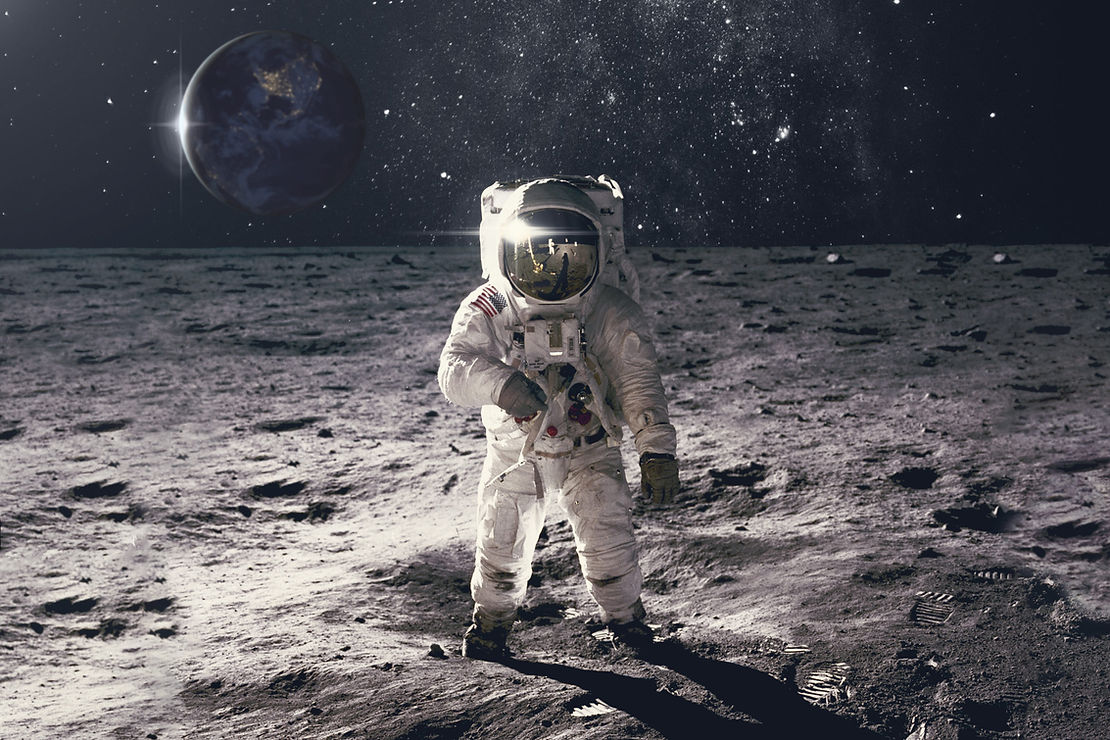By: Gabby Zhou
A report published on June 8th by researchers shares findings that space flights of long duration damage the brain. These injuries may take 3 years to recover from. You may ask how these brain cavities form. A 2023 article from Science News reports that they form because when outside the Earth’s atmosphere, “fluid-filled chambers in the brains of astronauts tend to adapt to microgravity by expanding. But after a space mission, these structures might take three years to shrink back to normal.”
In the center of the brain sit four ventricles – otherwise known as cavities. These cavities are brimming with liquid and these liquids cushion organs and clear was[4] te. But in space, fluids flow in the astronaut’s head. To accommodate, the ventricles take in more fluid and expand.
For further research, scientists have done experiments to find out if the duration of mission length, the number of previous missions flown, or the time between missions will change the ventricle expansion. “ To find out, Seidler and her colleagues scanned the brains of 30 astronauts using MRI before and after spaceflight. They looked at eight astronauts who went on two-week missions, 18 on six-month missions, and four who went on longer missions of up to one year SPACE.com, 2023.”
According to the collected data after all the missions, it is proven that longer durations of space flight have caused more expansions of the ventricle. Scientists have also found out that most of the expansion of the ventricle takes place during the first 6 months. “The biggest jump comes when you go from two weeks to six months in space,” Seidler, a space health researcher at the University of Florida in Gainesville said in a statement. “There is no measurable change in the ventricles’ volume after only two weeks,” she added. According to the results of this experiment, it is proven that the flight duration will change how much the ventricle changes. Longer durations in space will cause greater expansion of the ventricle.
“These findings might influence future space mission planning. However, since the medical implications of this ventricle expansion remain uncertain, “it’s not clear whether or how this will impact flight scheduling,” Seidler said. “Waiting this long may not be a necessity” reports SPACE. But someday, we may be able to find ways around this. We may also be able to find ways to benefit the health of astronauts when they are on a space trip, especially those of long durations.











